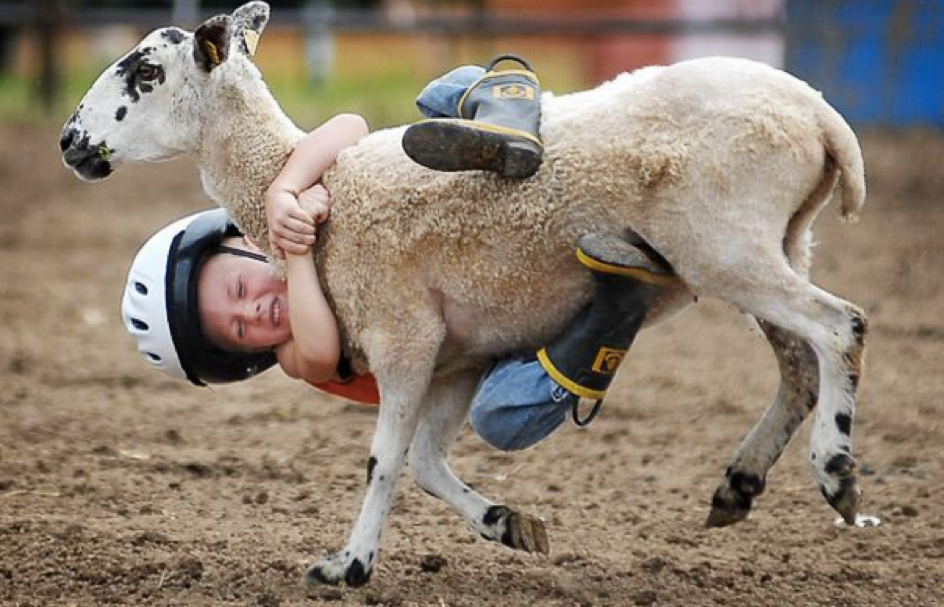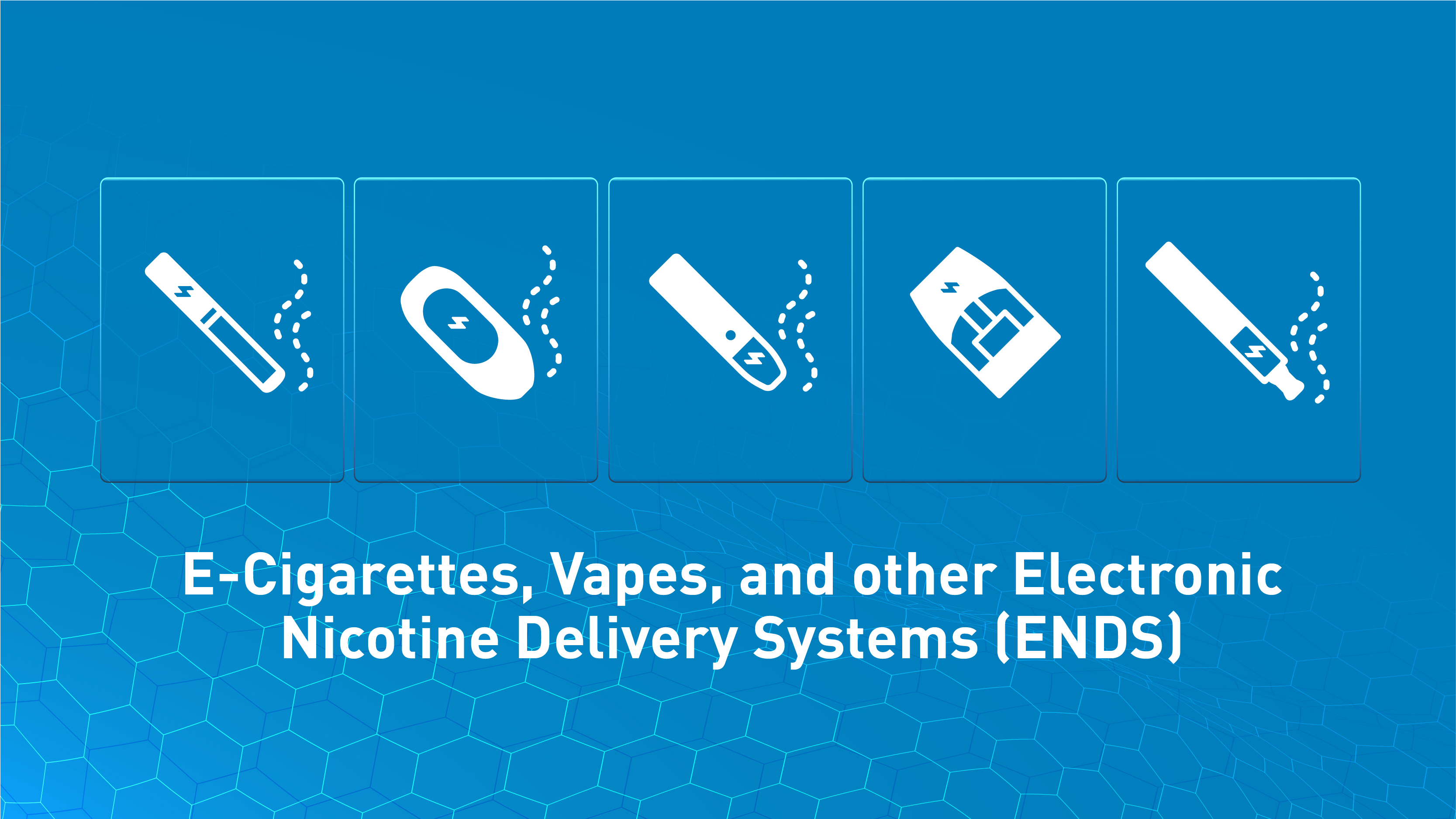Idk, I still think thats a stretch and pretty optimistic.
Personally I see it the other way, its not the ability to "aerosolize a solution" its inhaling an "aerosolized solution" which IMO (non scientific, non legal) is exactly what vapor is. The dry herb itself is not a solution, but once you heat up those oils, mixing the vaporized oils into the air stream, that mix becomes an aerosolized solution.
Not you specifically but a loooooot of wordsmithing in general around this. The reality is we can talk about it all we want, imagining loopholes and getting one over on the man. It's just not realistic. Your average small business owner in the vape world right now has 3 choices I guess... shut the doors, outwardly go on the legal offensive, or continue as is and see how long they can get away with it. The latter 2 are very daunting and potentially life changing - either way, extreeeemely expensive and risky. Too risky I think for most people. Maybe a larger company like S&B could spearhead it, but who else has deep enough pockets to make that attempt?
Which brings us back around to the wordsmithing. If I'm a small business owner dealing selling dry herb vapes - 0% I am hanging my hat on the fact I maaay possibly be right about my interpretation of how the law is written. If I'm caught, I KNOW I'm not stumping the DA - hey, you cant charge me with this, dry herb isn't a solution so I am exempt! Gotcha! Drop the charges! It will be much more complicated than that.
On a side note... this is what people talk about when they say slippery slopes. I remember when they made a huge deal about "Mango flavored Juuls" as I'm sure all of us do. It's anything. Vaporizers aren't the first industry to be hit with a situation like this and they certainly wont be the last.
Give them an inch, they take a mile...




